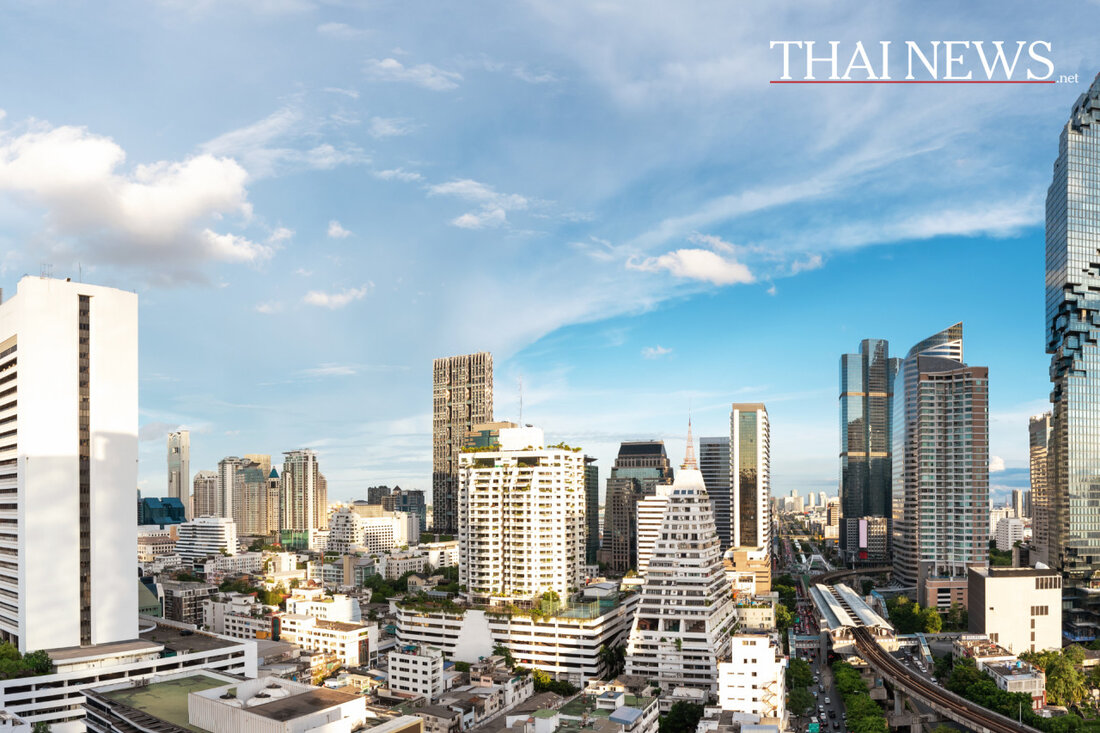Thailand's first LEED Gold residential project: A milestone for the future!
Bangkok relies on sustainable architecture: Green residential projects with LEED Gold certification respond to climate challenges.

Thailand's first LEED Gold residential project: A milestone for the future!
Thailand is taking big steps towards sustainable living. Particularly outstanding is the residential project “The Grand Riverfront Ratchapruek-Rama 5”, which is the first of its kind in Southeast Asia with LEED for Homes Gold certification. In a country where the real estate sector is increasingly focusing on environmentally friendly developments, this is a real highlight. Bangkok Post reports that green homes are now expected by buyers of all generations.
These changes are not without reason. Amid rising concerns about climate change and urban challenges, real estate developers in Thailand are turning to sustainable designs. Somboon Wasinchutchawal, CFO of Frasers Property Thailand, cites external threats such as flooding, air pollution, insufficient green space and the urban heat island effect, all of which underline the urgency of sustainable solutions. Bangkok, for example, only has 7.8 square meters of green space per person, while the WHO recommends 9 square meters.
Green building practices on the rise
The implementation of sustainable design principles is gaining momentum. In Bangkok's new residential projects, developers are relying on solutions such as thermally insulating roofs and water-saving fittings. Dem Property in Thailand According to this, LEED certification is also becoming a benchmark that makes sense not only from an economic perspective. The associated cost savings in energy consumption and the competitive advantage that green buildings offer are extremely attractive to investors and buyers. Green building not only reduces costs significantly, but the rental prices for certified properties in Bangkok are 15-20% higher than usual prices.
Energy efficiency is at the top of the agenda with the new standards. This means, among other things, that every new residential property will be equipped with real-time air quality monitoring and PM2.5 filtering systems. Innovative solar roofs on single-family homes and rainwater harvesting facilities are further features that promote sustainable living in the country.
Sustainability as a future trend
All eyes seem to be on Generation Z, who are showing great interest in sustainable living and are willing to pay more for environmentally friendly homes. Regardless of whether it is among Baby Boomers or Gen Z, the willingness to invest in green real estate is quite high. According to that Constructive Voices Thailand is becoming a pioneer in sustainable architecture with innovative materials and energy-efficient designs that not only protect the environment but also improve the lives of its residents.
However, the situation is not without challenges. High construction costs for green buildings and a lack of skilled workers in the field of green building represent hurdles. Nevertheless, the demand for sustainable living concepts is leading to an ever-growing interest in these standards and creating new opportunities for developers.
With projects that showcase green building practices and are pushed with various government grants and initiatives, the future of housing in Thailand remains exciting. Commitment to sustainability is not just a trend, but is becoming the norm in an ever-changing urban landscape.

 Suche
Suche
 Mein Konto
Mein Konto
